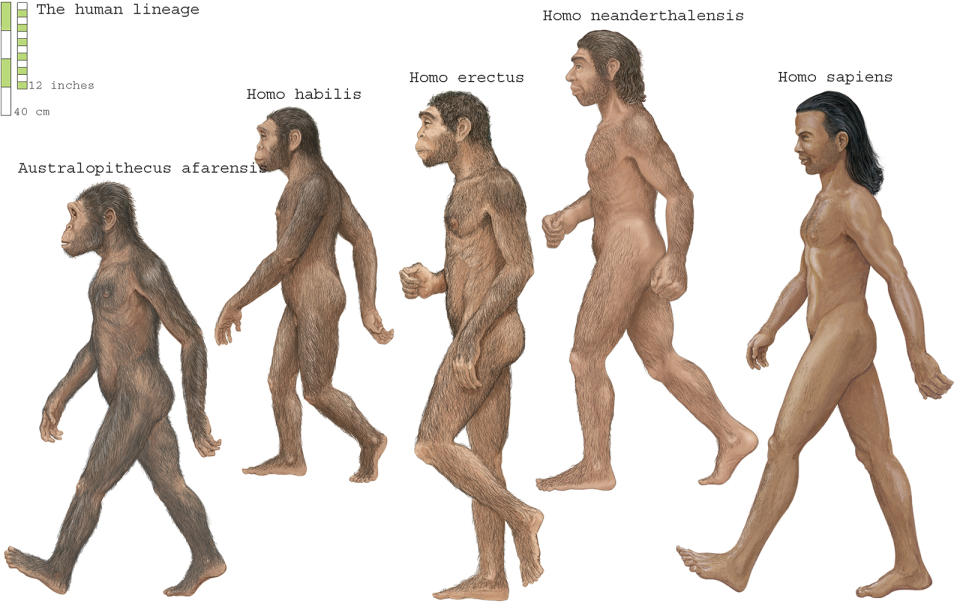Odds of humanity going extinct next year 'could be as high as one in 14,000'

The odds of the human race being wiped out next year, or any year, could be as high as one in 14,000, scientists have warned.
But before you race for the doomsday bunkers, this is a complicated mathematical complication, and not actually based on the things most of us are scared about, like nuclear weapons or climate change.
Instead, scientists from Oxford University’s Future of Humanity institute made calculations based on the extinction rates of existing species (99% of which have gone extinct).
READ MORE
Nasa satellite captures incredible beauty of UK seen from space
Third of Britons say climate change will lead to extinction of human race
Scientists reveal ancestral homeland of modern humans
The scientists tried to calculate our risk, based on the risks our species has survived for 200,000 years, and ruling out “new” risks such as nuclear weapons.
They calculated that our odds of being wiped out could be as high as 14,000 to 1, but could be much lower at 87,000 to 1, or even 870,000 to one.
The researchers wrote: “Using only the information that Homo sapiens has existed at least 200,000 years, we conclude that the probability that humanity goes extinct from natural causes in any given year is almost guaranteed to be less than one in 14,000, and likely to be less than one in 87,000.

“Using the track record of survival for the entire lineage of Homo, the annual probability of extinction from natural causes falls below 1 in 870,000.”
But if that doesn’t sound so bad, the researchers warn that our modern technology might actually make things worse.
They added: “The bounds are subject to important limitations. Most importantly, they only apply to extinction risks that have either remained constant or declined over human history.
“Our 200 kyr [thousand-year] track record of survival cannot rule out much higher extinction probabilities from modern sources such as nuclear weapons or anthropogenic climate change.”


